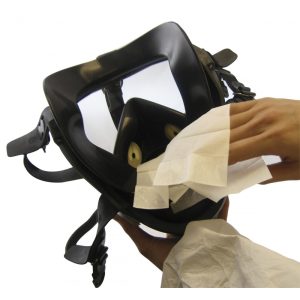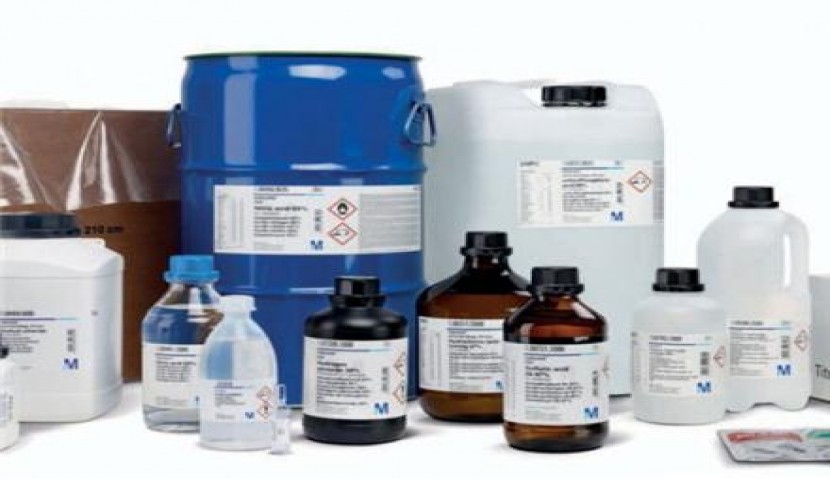

Solvents are a type of chemical substances such as paints, industrial varnishes, resins and solvents, adhesives, thinners, degreasers, cleaners, mastics, and sealants, which are abundant in industries and workshops and are used for various tasks. They are used. Exposure to these materials without following some health tips can cause various diseases and injuries

1- Solvents enter the body in four ways:
Absorption through the skin: such as cleaning tools and equipment with solvents
Respiratory: inhalation of solvent vapors such as thinners, cleaners, adhesives, etc.
Gastrointestinal: such as swallowing and swallowing: the entry of contaminated solvents through hands and while eating
Injection: such as the entry of solvents through pressurized equipment, spray guns, etc.
2- Short-term side effects of solvents include eye, skin, and respiratory system irritation, headache, nausea, and dizziness.
3- In case of contact with large amounts of solvents, a person may become unconscious and die.
4- The long-term side effects of solvents affect the following three organs:
Skin: dermatitis, skin inflammation, redness, itching, swelling and blisters
Nervous system: fatigue, muscle tremors and jumps, memory loss, reduced ability and mental performance
Kidney and liver damage: chlorine solvents
5- Some solvents are flammable, refer to the label and MSDS of the solvent when using.
6- When using solvents, turn on the ventilation system. Open the door and window.
7- If OV is written in the SDS of a solvent, it means organic vapors (Organic Vapor) and you should use the appropriate cartridges with the OV mark on it.
8- Avoid skin and eye contact with solvents.
9- When using, moving, transporting, and storing, pay attention to the manufacturer’s recommendation and Halal SDS.
10- It is forbidden to eat, drink, and smoke while working with solvents.
11- Never weld metals that have been cleaned with chlorinated solvents because they emit strong toxic fumes.
12- If you do not use a solvent, close it tightly. This prevents evaporation and diffusion of solvents.
13- Keep solvents out of the reach of different people.
14- Avoid unnecessary or excessive use of solvents.
15- After working with solvents, before eating and smoking, wash your hands and face.
16- Do not use solvents to clean your skin and hair.